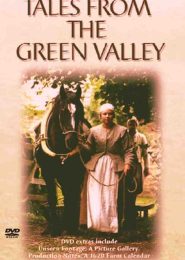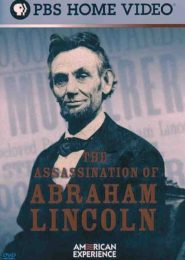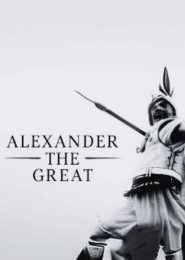The Great Plague (2001)
The Great Plague is a gripping and informative documentary series that delves into the harrowing events of the Great Plague of London known as the Black Death in 1665-1666. Produced in 2001, this series combines historical reenactments, expert interviews, and archival materials to unravel the mysteries surrounding one of the deadliest pandemics in history.
The series begins by setting the stage: London in the mid-17th century was a bustling metropolis, teeming with people, trade, and disease. As the plague swept through the city, panic and chaos ensued. The streets were filled with death carts, and the air was thick with fear.
The documentary explores the origins of the plague, tracing its path from the East to London’s crowded neighborhoods. It investigates the role of rats and fleas in transmitting the disease, as well as the impact of unsanitary living conditions and overcrowding. The series vividly depicts the suffering of the afflicted, the desperate attempts at quarantine, and the futile search for a cure.
One of the highlights of the series is its focus on the key figures of the time. We meet Dr. Nathaniel Hodges, a physician who documented the symptoms and progression of the disease. His observations provide valuable insights into the plague’s devastating effects on the human body. Additionally, the series sheds light on the role of Samuel Pepys, the famous diarist, who chronicled the plague’s impact on London society.
As the death toll rises, the city grapples with questions about divine punishment, superstition, and the failure of medical science. The series examines the impact of the plague on London’s economy, social fabric, and political stability. It also delves into the aftermath, including the Great Fire of London, which ultimately helped eradicate the plague by destroying infected areas.
The Great Plague is a haunting and thought-provoking exploration of a dark chapter in history. It reminds us of the resilience of humanity in the face of adversity and the importance of learning from our past to prevent similar catastrophes in the future.




